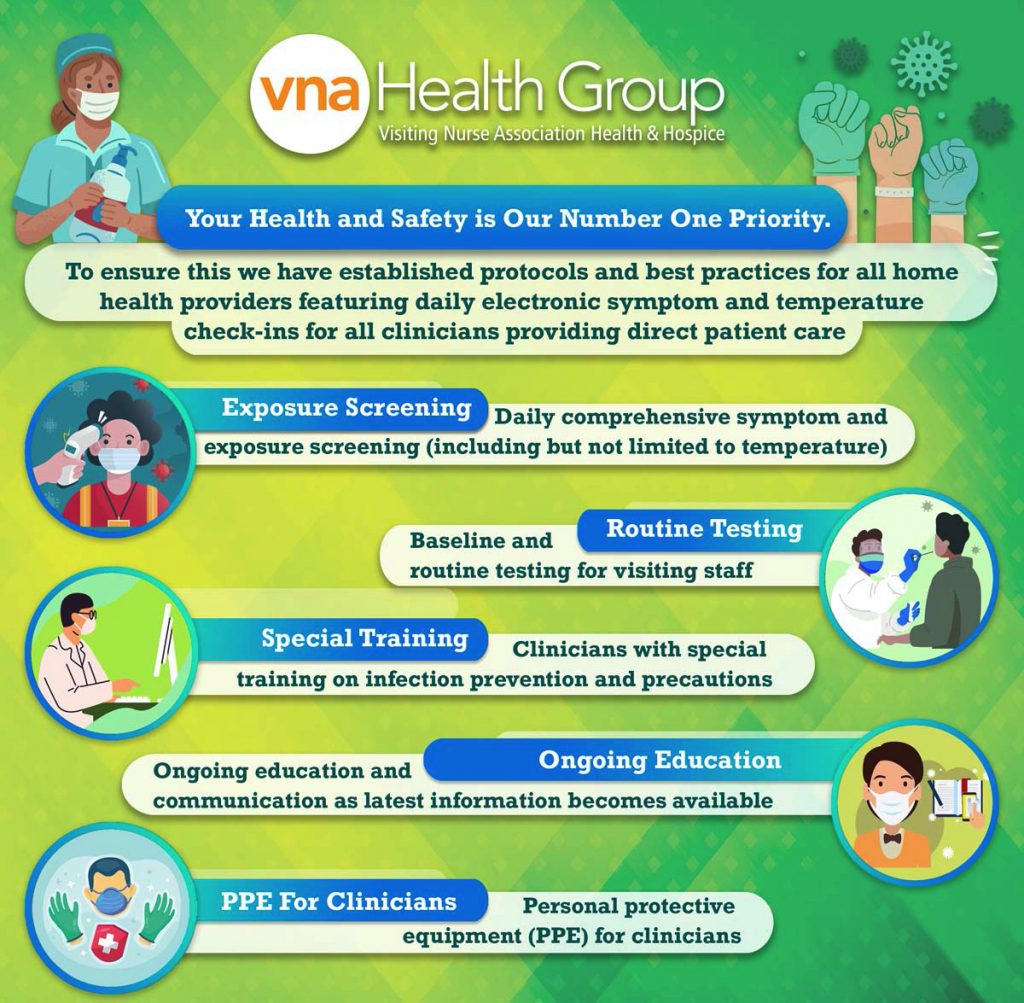
If you are looking to find a pediatrician, it is worth considering a general practitioner who is trained in treating all types childhood diseases. This article will introduce you to several such surgeons, including Dr. Chiu, Dr. Shew, and Dr. Krummel. They are all members of American Society of Pediatric Surgery and are experts on pediatric surgery. They are also professors of Pediatric Surgery at Stanford University School of Medicine.
Dr. Chiu is a pediatric surgeon.
Before joining Sick Kids as an instructor, Dr. Chiu worked at Martha Eliot Health Center in Watertown MA as a primary child care pediatrician. He enjoys working alongside the diverse inner-city population. In Watertown MA, he serves as the medical director for the Perkins School for the Blind. His research interests are in lymphocyte development, pediatrics, and other related topics. He is particularly interested to prevent and treat pediatric cancers and child development.
Dr. Shew works as a general surgeon for children.
Dr. Stephen B. Shew (a pediatric (general) surgeon from Palo Alto, California), practices at Lucile packard Children's hospital Stanford. He is board-certified. He accepts multiple insurance plans. Patients should call his office to make an appointment or verify their coverage. If the information provided is inaccurate, outdated, or incomplete, contact his office. Review the fee schedule to find out if Dr. Shew will accept new patients.

Dr. Krummel practices as a general pediatric surgeon.
Thomas Krummel MD, a general pediatrician, has been a member on the Sante Ventures board of directors since 2014. He is a recipient of the William E. Ladd Medal for 2020, the highest honor in pediatric surgery. He is a Stanford University University Professor of Surgery, and has more than 35 years of experience in this field. In addition to his current position, Dr. Krummel served as chair of both the Department of Surgery and the general surgery residency program.
Stanford University School of Medicine has Dr. Chiu as an associate professor.
Dr. Chiu earned her MD from Queen's University, Canada. She received her surgical training at the University of Toronto Gallie Program and a PhD in Immunology from Dr. Jayne Danska. Dr. Chiu received her surgical and paediatric critical-care training at the Hospital for Sick Children. She is currently an assistant professor of pediatric surgery at Stanford University School of Medicine.
Dr. Frist teaches as an adjunct professor at Stanford University School of Medicine
Dr. Kaplan is an active faculty member of the Department of Surgery at University of Hawaii. He specializes in pediatrics and has been a member of this department for over 25 years. He is also the vice chair of research and an associate professor of Pediatrics at the school. He received his medical education from the University of Wisconsin Madison. He also completed his general and pediatric surgical residencies with the University of Oklahoma. Before joining Stanford's faculty, he served as Chief of Pediatric Surgery at the Children's National Medical Center in Washington, D.C.
Dr. Dunn is a general pediatric surgeon
As a general pediatric surgeon, Dr. Stephen Dunn is a highly qualified surgeon in Camden, New Jersey. Dr. Dunn is a general pediatric surgeon who practices at three hospitals and has extensive experience with children of all ages. Dr. Dunn is fluent in Mandarin and speaks a number of languages, including English, Spanish, and Mandarin. Dr. Dunn has affiliations to several hospitals including Stanford Hospital, California Pacific Medical Center, and Walnut Creek Medical Center. He is board certified, holds numerous professional honors, such as the American Board of Surgery’s Recognized Physicians Award.

Dr. Shew has been a Stanford University School of Medicine Senior Resident.
Dr. Shew's clinical practice is not the only thing he does. He is also a researcher with an interest in outcomes, quality improvements, and creating value-based models of pediatric surgical care. He was a member of several leadership roles on university and hospital committees. Additionally, he worked in the area multi-institutional research collaborations.
FAQ
What is an infectious disease?
A germ, virus, or parasite can cause an infectious disease. Infectious diseases are spread quickly by close contact. Measles, rubella (German measles), pertussis (whooping cold), rubella (German measles), measles), chickenpox and strep throat are just a few examples.
What does the term "public" in public health mean?
Public health is about improving and protecting the health of the entire community. Public health is the prevention of disease, injury, disability, promotion of good health, adequate nutrition, and control over communicable and environmental hazards as well behavioral risks.
What are the main functions of a health care system?
The health care system should offer adequate medical facilities to those who require them, at a reasonable price, and ensure that everyone has access to high-quality services.
This includes providing preventive healthcare, promoting healthy lifestyles, as well as appropriate treatment. It also includes equitable distributions of health resources.
How do I become a creative health professional?
There are many routes to becoming a creative professional in health care. Some people start out as students, while others begin their careers working in other fields such as business or engineering.
Some individuals choose to learn a course about a specific topic. Some people choose to take electives that cover different views on health and healthcare.
No matter what pathway you choose, there are many ways to learn about topics in health and healthcare. These include readings, group discussions and assignments as well lectures. You may also attend workshops, conferences, and seminars.
After completing the program, you will have the knowledge to help clients, colleagues, patients, and other members of the health care system.
You may even pursue a doctorate.
How do I get health insurance free in my locality?
If you are eligible, you can apply for free insurance. You might be eligible if you qualify for Medicaid, Medicare and CHIP.
Statistics
- About 14 percent of Americans have chronic kidney disease. (rasmussen.edu)
- Healthcare Occupations PRINTER-FRIENDLY Employment in healthcare occupations is projected to grow 16 percent from 2020 to 2030, much faster than the average for all occupations, adding about 2.6 million new jobs. (bls.gov)
- Price Increases, Aging Push Sector To 20 Percent Of Economy". (en.wikipedia.org)
- Consuming over 10 percent of [3] (en.wikipedia.org)
- The healthcare sector is one of the largest and most complex in the U.S. economy, accounting for 18% of gross domestic product (GDP) in 2020.1 (investopedia.com)
External Links
How To
What is the Healthcare Industry Value Chain
The healthcare industry value chain consists of all the activities involved in providing healthcare services to patients. This includes all business processes at hospitals and clinics. It also includes supply chains that connect patients to other providers like pharmacists and insurance companies. The end result is a continuum, which begins with diagnosis and ends at discharge.
There are four components to the value chain:
-
Business Processes: These are all the tasks performed by people throughout the entire delivery of healthcare. For example, a physician might perform an examination, prescribe medication, and then send a prescription to a pharmacy for dispensing. Each step of the process must be completed accurately and efficiently.
-
Supply Chains – The entire network of organizations responsible for ensuring that the right supplies reach those who need them. One hospital may have many suppliers. This includes pharmacies and lab testing facilities as well as imaging centers and janitorial staff.
-
Networked Organizations (NO) - In order to coordinate the various entities, communication must exist between all parts of the system. Hospitals are often composed of many departments. Each department will have its own set office and telephone number. Every department will have a central point where employees can go for updates to ensure everyone knows what's happening.
-
Information Technology Systems - IT plays a critical role in business process efficiency. Without IT, things could quickly go sour. IT can also be used to integrate new technologies into a system. Doctors, for example, can connect to a secure internet connection to access electronic medical records.